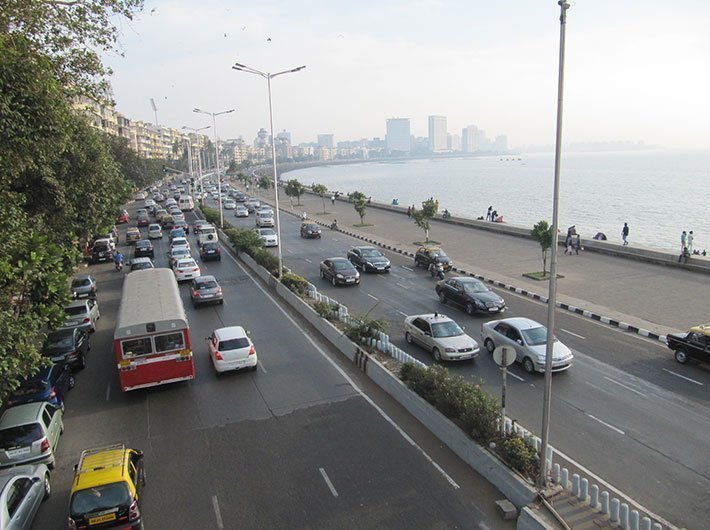Ward war room approach will focus on citizen centric services: Additional Municipal Commissioner Kakani

Geetanjali Minhas | June 17, 2021 | Mumbai

* With over 2 lakh DPIIT-recognised startups as of December 2025, India stands firmly as one of the world’s largest startup ecosystems. * A decade of Startup India has built a full-lifecycle support system spanning ideation, funding, mentorship, and scale-up. * Around 50% of DPIIT-r
With the phenomenal growth in National Highways, queues at toll plazas used to affect commuters. However, over the last decade, tolling has undergone a major technological transformation, bringing faster movement and significant ease for road users. Building on this progress, year 2025 saw further people-c
India’s small and marginal farmers are at the centre of a paradox in agrarian economy. They are the backbone of the food economy, but they are the most vulnerable stakeholders within agricultural economy. Among the 126 million farmers in India today, nearly makes 86% operate on small and marginal hol
Environmental organisation Awaaz Foundation has flagged serious concerns over deteriorating air quality in Mumbai and the potential health risks it poses to participants of the Tata Mumbai Marathon scheduled for January 18. It has urged civic and pollution control authorities to conduct advance air quality
India’s progress in electricity access over the past two decades represents one of the most consequential public infrastructure transformations globally. Yet, as policymakers now confront issues of reliability, financial sustainability, and grid stability, experts argue that the next phase of reform
Artificial Intelligence is driving a new wave of innovation that touches every part of daily life, from healthcare and farming to education, governance, and climate prediction. It helps doctors diagnose diseases faster, assists farmers in making data-driven decisions, improves learning outcomes for student